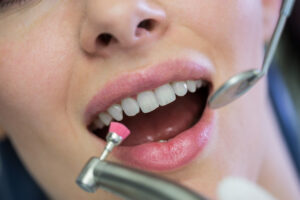Do you remember hearing as a child “Finish your milk, it will help you grow big and strong!”
This week is healthy bones action week, an initiative of Dairy Australia to encourage everyone to maintain healthy bones.
As a dentist, I can only support the message of Dairy Australia to spread the word and ensure we all look after our bones by:
- Having plenty of calcium
- Exercise regularly
- Maintain a sufficient level of vitamin D
How calcium makes for strong teeth
The Calcium in teeth is found as hydroxyapatite, which is a combination of both Calcium and Phosphate. Calcium and Phosphate combine together to form strong tooth structures. Vitamin D helps balance how the body absorbs this.
Calcium deficiency symptoms may be indicated by:
- Numbness around the mouth
- Difficulty swallowing
- Tooth decay
What is the calcium ‘bone bank’?
Calcium is vital to give your bones strength through combining with other minerals, such as phosphate to form a hard crystals. The bones in your body act as a calcium bank, meaning if you do not get enough calcium from your daily diet your body will take the calcium it needs from your ‘bone bank.’
If you use more calcium from your ‘bone bank’ than you deposit into your body, you could be at risk of a calcium deficiency (Hypocalcemia). This is a medical condition where calcium in the blood serum is too low. If calcium levels are too low, you could be at a higher risk of developing Osteoporosis or Osteopenia.
Top Tips to Avoid Calcium Deficiencies
- Try to include plenty of calcium in your diet.
- Get out in the sun and enjoy some vitamin D.
- Exercise regularly
- Brush your teeth twice a day with toothpaste that uses fluoride and that incorporates calcium and phosphate.
- Floss your teeth to get rid of extra food debris near the gum line.





